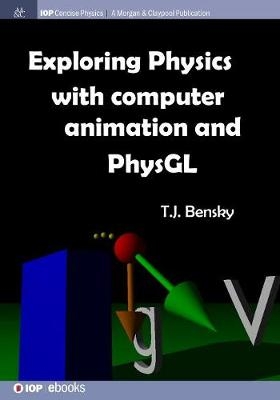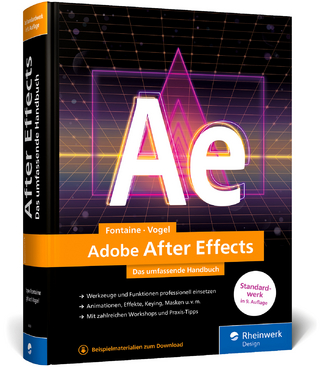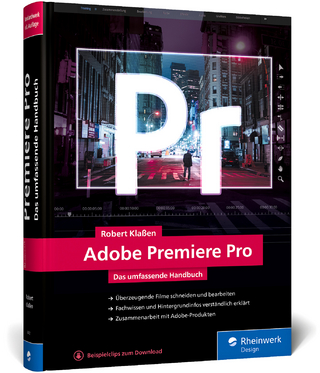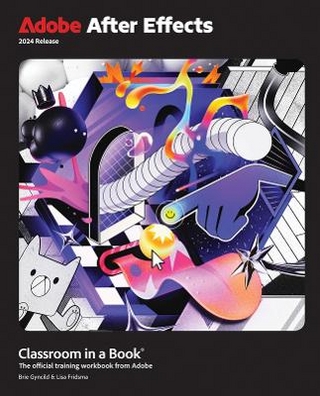
Exploring Physics with Computer Animation and PhysGL
Seiten
2016
Morgan & Claypool Publishers (Verlag)
978-1-68174-424-7 (ISBN)
Morgan & Claypool Publishers (Verlag)
978-1-68174-424-7 (ISBN)
Shows how the web-based PhysGL programming environment can be used to teach and learn elementary mechanics (physics) using simple coding exercises. The book's theme is that the lessons encountered in such a course can be used to generate physics-based animations, providing students with compelling and self-made visuals to aid their learning.
This book shows how the web-based PhysGL programming environment (http://physgl.org) can be used to teach and learn elementary mechanics (physics) using simple coding exercises. The book's theme is that the lessons encountered in such a course can be used to generate physics-based animations, providing students with compelling and self-made visuals to aid their learning. Topics presented are parallel to those found in a traditional physics text, making for straightforward integration into a typical lecture-based physics course. Users will appreciate the ease at which compelling OpenGL-based graphics and animations can be produced using PhysGL, as well as its clean, simple language constructs. The author argues that coding should be a standard part of lower-division STEM courses, and provides many anecdotal experiences and observations, that include observed benefits of the coding work.
This book shows how the web-based PhysGL programming environment (http://physgl.org) can be used to teach and learn elementary mechanics (physics) using simple coding exercises. The book's theme is that the lessons encountered in such a course can be used to generate physics-based animations, providing students with compelling and self-made visuals to aid their learning. Topics presented are parallel to those found in a traditional physics text, making for straightforward integration into a typical lecture-based physics course. Users will appreciate the ease at which compelling OpenGL-based graphics and animations can be produced using PhysGL, as well as its clean, simple language constructs. The author argues that coding should be a standard part of lower-division STEM courses, and provides many anecdotal experiences and observations, that include observed benefits of the coding work.
Tom Bensky is a physics professor at California Polytechnic State University at San Luis Obispo, Ca (USA), known as 'Cal Poly.' He has had a lifelong interest in computer graphics, ever since writing BASIC code on his TRS-80 Color Computer back in high school. At Cal Poly he enjoys teaching a range of classes from ASTRO-101 to advanced labs. His research interests include precision time keeping, community outreach with physics, and international education. When not working, he enjoys hiking with his wife (most recently to the top of Mt. Whitney and Half-Dome), or talking about rockets, calculus, Steve Jobs, and old Seinfeld episodes with his teenage son.
| Erscheinungsdatum | 03.12.2016 |
|---|---|
| Reihe/Serie | IOP Concise Physics |
| Verlagsort | San Rafael |
| Sprache | englisch |
| Maße | 178 x 254 mm |
| Gewicht | 285 g |
| Themenwelt | Informatik ► Grafik / Design ► Film- / Video-Bearbeitung |
| Naturwissenschaften ► Physik / Astronomie ► Mechanik | |
| ISBN-10 | 1-68174-424-4 / 1681744244 |
| ISBN-13 | 978-1-68174-424-7 / 9781681744247 |
| Zustand | Neuware |
| Haben Sie eine Frage zum Produkt? |
Mehr entdecken
aus dem Bereich
aus dem Bereich
Schritt für Schritt zum perfekten Film: Videoschnitt, Effekte, Sound
Buch | Hardcover (2021)
Rheinwerk (Verlag)
49,90 €


